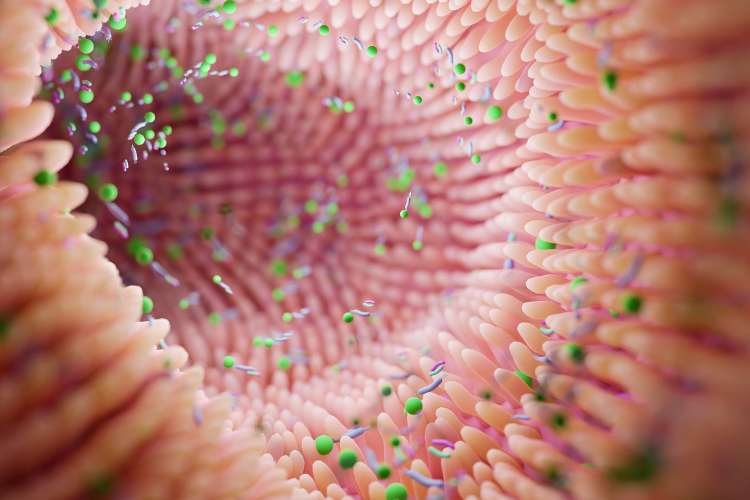In a strategic move, Kanvas Biosciences has seized the opportunity to acquire key assets from Federation Bio, a biotech company, along with their invaluable microbial library.
“We did not acquire all of Federation Bio because they were looking at doing different things with some of their other programs. So we were able to pick up the parts that we thought had the most synergy with our existing platform.”
– Matthew Cheng, Kanvas co-founder and CEO
Of the assets secured, one notable acquisition is Federation’s primary compound, FB-001. This compound represents a transformative step for Kanvas as it propels them into the realm of clinical applications. FB-001, an oral therapy comprising 148 bacterial strains derived from multiple healthy donors, has already completed a phase 1 trial for patients grappling with enteric hyperoxaluria, a condition characterized by excessive oxalate absorption.
Also Read: FDA Approves 5-Minute Tests For Monitoring Humira And Remicade Doses In Inflammatory Bowel Disease Patients
The results of this trial revealed FB-001’s exceptional safety profile, setting the stage for Kanvas to “repurpose” it for the treatment of inflammatory bowel disease (IBD). Kanvas, a relatively young biotech founded in 2020, is currently exploring collaboration opportunities to advance their IBD program.
The second asset acquired from Federation Bio is a preclinical immuno-oncology initiative, complemented by a partnership with the University of Texas MD Anderson Cancer Center. Kanvas is poised to integrate itself into the ongoing research with MD Anderson, focusing on creating a consortium of bacteria designed to enhance the benefits of immunotherapy for cancer patients. The ultimate goal is the development of a synthetic microbiome-based therapy, crafted from fecal microbiota transplant strains. Early preclinical data has piqued the partners’ interest, and they intend to commence drug manufacturing in the near future, with support from Kanvas’ new cell banking facility located in San Francisco, which was previously operated by Federation.
To guide the development of these newly acquired programs, Kanvas has not only secured the services of Federation’s former CSO, Dr. Lee Swem, but also welcomed seven other former Federation employees, thus expanding their team to a total of 19 members.
Also Read: Sanofi Joins Forces With Teva, Merck, And Roivant In $500M Deal For Bowel Disease Race
While the financial details of this acquisition were not disclosed, Kanvas had previously secured $12 million in a pre-series A funding round in June, hinting at further funding rounds on the horizon.
In the interim, Kanvas remains committed to strengthening its platform for microbiome drug screening, discovery, and manufacturing. This also includes the advancement of their own preclinical program targeting bacterial vaginosis. Their scientific foundation was licensed from Cornell University and features highly multiplexed spatial imaging technology, providing a comprehensive visualization of the native microbiome.
The microbiome-focused industry has encountered a mix of outcomes in recent times. While some, like Seres Therapeutics and Nestle Health Science, achieved significant success with their FDA-approved oral microbiome-based therapy for treating recurrent Clostridioides difficile in April, others, such as Evelo Biosciences and the now-defunct Kaleido Biosciences, grappled with ongoing challenges and setbacks.
Kanvas CEO Matthew Cheng acknowledges that microbiome therapy companies historically grappled with two primary obstacles: understanding how these therapies interact with the body and the complex manufacturing of such medicines. However, Cheng believes that Kanvas is equipped to surmount these hurdles, with their innovative spatial biology platform facilitating a deeper understanding of the body’s interaction with microbiome therapeutics. Simultaneously, their acquisition of Federation’s scientific and manufacturing resources further bolsters their capabilities in this realm.
Also Read: AbbVie’s Skyrizi Beats J&J’s Stelara In Crohn’s Disease Showdown
As for Federation Bio, it appears to have reached the end of its journey, with its website no longer accessible, and its contact information disconnected. This marked the conclusion of Federation’s trajectory, which began three years ago with a substantial $50 million in series A funding.
The future will determine whether Kanvas can succeed where others, like Federation, have faced challenges, in a field filled with exciting potential and complexities.





























